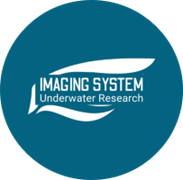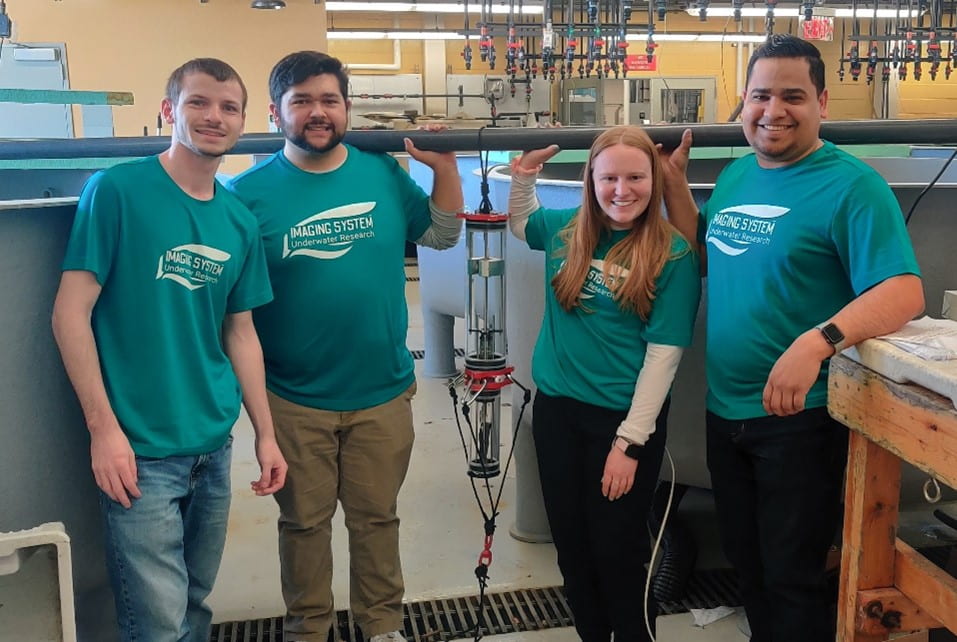
| Project name | Imaging System |
| Project Title | Designing an Underwater Holographic Imaging System for Marine Microplastics Detection |
| Abstract | Marine microplastics are a growing issue, with over 51 trillion pieces currently present in the oceans. These tiny particles are ingested by fish and then consumed by people, leading to cardiovascular and cerebrovascular diseases. In addition to harming aquatic organisms and ecosystems, microplastic pollution also negatively affects economies, causing a decline in fisheries and coastal tourism. To address this global problem, it is crucial to accurately detect microplastics in the ocean.
This project aims to design an underwater holographic imaging system to precisely detect marine microplastics. The project is sponsored by Dr. Hangjian Ling, an assistant professor at UMass Dartmouth. The team has developed a system that uses three-dimensional (3D) imaging based on digital holography. It employs a camera, laser, and microscope objective to detect microplastics. The team spent several weeks researching optical imaging, microplastics, and digital holography to design the system correctly. To ensure the system can accurately image marine microplastics while withstanding the pressure underwater, the team purchased the necessary optical parts and manufactured different components for the housing. They completed calculations and testing to find the focal length and confirm no leakage occurs while the housing is underwater. All optics are concentric with each other, guaranteeing that the microplastics will be accurately imaged. The resulting images from the system can be used to further research the link between microplastics and the health issues caused by consuming them. |
| Faculty advisor | Dr. Hangjian Ling |
| Sponsor | Dr. Hangjian Ling |
| Team lead | Christina Hart |
| Team Members | Ethan Osley, Damian Guilbe-Boscana, Shawn Marcoux |
| Video link | https://youtu.be/WTEThr6fasE |

Team Photo